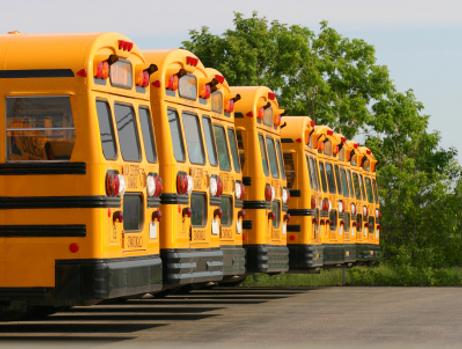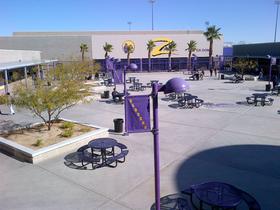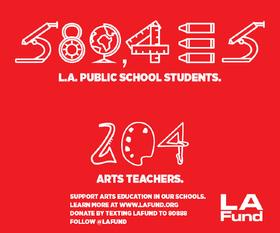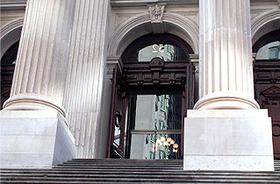The New Year may see more than the return to school for New York City’s students. It may also usher in a school bus strike that threatens to leave thousands of New York students without transportation to and from every day. While a school bus strike is far from imminent, according to most accounts, concerns over a strike have continued to grow throughout the city as parents, students, and city officials wait to see how the rising conflict will shake out.
City Bids Spark Strike Threats
The city’s decision to solicit bids for lower contract rates from bus companies is at the core of the controversy. The bids were launched at the impending termination of the current contract with school bus drivers, which is scheduled to expire in 2013. New York Mayor Michael Bloomberg told CBS New York and other media channels the bids were necessary to reduce transportation costs for the school system. However, current bus drivers said the city is not promising to protect the jobs of current drivers based on seniority as it goes through the process of cutting costs.
CBS New York reports that New York City currently spends around $1 billion on the transportation of around 152,000 students daily. That number had increased significantly over the last three decades when the cost of bussing students was around $7.1 million. The 1,100 busses that currently run throughout the city are operated by 52 private companies, according to the New York Daily News. Not all companies that work for the cities are unionized, but those that belong to the Amalgamated Transit Union, Local 1181. This union is threatening a strike if the city does not change its bid policy to provide job security to senior drivers.
Bloomberg has stated that the city simply cannot afford to maintain the current cost of transporting students, which is why the bidding process began.
“We just cannot afford what this has cost us so far, and we think by putting it up for competitive bidding, we will be able to do better,” Bloomberg told CBS New York.
However, the administration has admitted that the decision to solicit bids could result in a transportation strike when students head back to school. To that end, the Mayor and his administration have laid out contingency plans to help parents get their children safely to school.
This video looks back at a New York City teachers' strike in the 60s.
Contingency Plan in Place
Of the 152,000 students that a school bus strike could impact, more than 13,000 are considered special education students. That number includes special education students in the pre-K programs in schools throughout the city. These children and their parents would be especially affected by a school bus strike since parents depend on the yellow buses to get their children to and from school safely. In addition, many parents who work rely on the buses to get their children to school when they cannot transport them. Some parents also lack the resources to get their children to school independently.
The mayor's office has arranged contingency plans for parents left in a bind with a possible school bus strike. According to Bloomberg, families would get free MetroCards to pay for student fares on buses and subways. Those who must transport special-needs children to and from school could also secure free MetroCards for themselves. In addition, parents who find themselves chauffeuring their students to school during a strike would receive reimbursement from the city of 55 cents per mile.
This video looks at educational standards in the New York City.
No Strike has been called yet.
While the city is ready should a strike occur, the transit union has made no such call? However, the union stated in a letter quoted in the New York Times that it was “prepared to take any action necessary to protect the safety and security of New York City school children.” An attorney for the union, Richard Gilberg, also told the New York Daily News that the union is currently weighing all of its options.
Mayor Bloomberg has decried the threats of a strike by the union, stating, “In a year when our students have already missed a week or more of school because of Hurricane Sandy, striking against our school children, we think, would be totally irresponsible. Going through with a strike now would be unfair to our kids and absolutely unacceptable.”
This video reports on a settled New York City teachers' strike.
Similar Issue Faced in Previous Year
This is not the first time City Hall and school bus drivers have faced off in recent years. In 2011, bus drivers threatened a similar strike because the city sought bids on a portion of the services offered by bus companies, which totaled around 7,700 routes. That conflict was taken all the way to the Court of Appeals, the highest court in the State of New York. The court barred the city from instituting employee protections for transportation contracts at that time. However, Gilberg argues that last year’s ruling only applied to the bid of 2011 and not to bids in general.
While the first day back to school looms for students across the city, there is still no word from the union on whether a strike will be imminent. Parents concerned about how they will get their children to school in the event of a strike have no choice but to take a wait-and-see attitude. The good news is that with school days just around the corner, this controversy appears to need to be settled sooner rather than later for everyone involved.
Questions? Contact us on Facebook. @publicschoolreview















